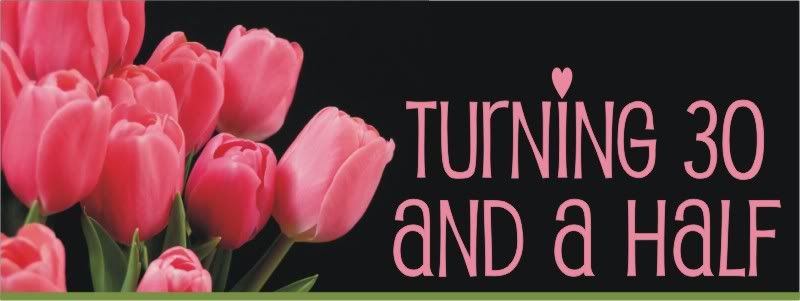I just completed 'Brother Fish' by Bryce Courtenay. He's been one of my most beloved authors for a very long time and up until now, his other book 'Four Fires' was my all time favourite.
Unfortunately, right now, this book is only available in Australia and will not be published in North America until the end of this year. I had purchased it online, and had it shipped here at a premium price (considering it was hardcover and nearly 1000 pages!), but it was worth every penny.
The plot is roughly:
Part of the story is based in the POW camps in the Korean War where Jack and Jimmy first meet. These characters are so likeable you can't help but get so involved in what happens to them. It's not a completely happy story as it traces many of the dark sides of history involving racism, post traumatic stress and poverty. Courtenay is meticulous in his history, and I've learned more through his stories than most any other as he has an incredible way of making history come to life.Inspired by real events, it tells the story of three people from vastly differing backgrounds. All they have in common is a tough beginning in life.
Jack McKenzie is a harmonica player, soldier, dreamer and small-time professional fisherman from a tiny island in Bass Strait. Nicole Lenoir-Jourdan is a strong-willed woman hiding from an ambiguous past life in Shanghai. Larger than life, Private Jimmy Oldcorn was once a street kid and leader of a New York gang. Together, they reap a vast and not always legitimate fortune from the sea.
Brother Fish is an inspiring human drama of three lives brought together and changed forever by the extraordinary events of recent history. But most of all it is about the power of friendship and love.
The Age reviews the book as:
Courtenay has underpinned Brother Fish with impressive historical research. His acknowledgement pages at the end are long and meticulous and the bibliography is worth an exploration. The story is one the likes of which you can sometimes hear from old blokes reminiscing over a beer in the RSL or the Trades Hall bar. The adventurous old can surprise complacent youth. The story covers the big bads: racism, bigotry, sexism, war, organised crime, all the human turpitudes.
The biggest crime, you feel, in reading this and any Courtenay, is dehumanising someone, anyone. The plight of the Aboriginal soldier is shown alongside that of the American "negro" soldiers in the 20th century's world wars as well as the Korean one.
Half way through the book, I started savouring it and reading so slowly because I knew I would not wish it to end. When I did finally complete it a week or so ago, I felt sad because even though it ended well, I knew I wold miss the stories and the characters.
If you have a chance, definitely try to get your hands on this one. Especially if you have an interest in war stories, this was one of the best I believe I have ever read.













